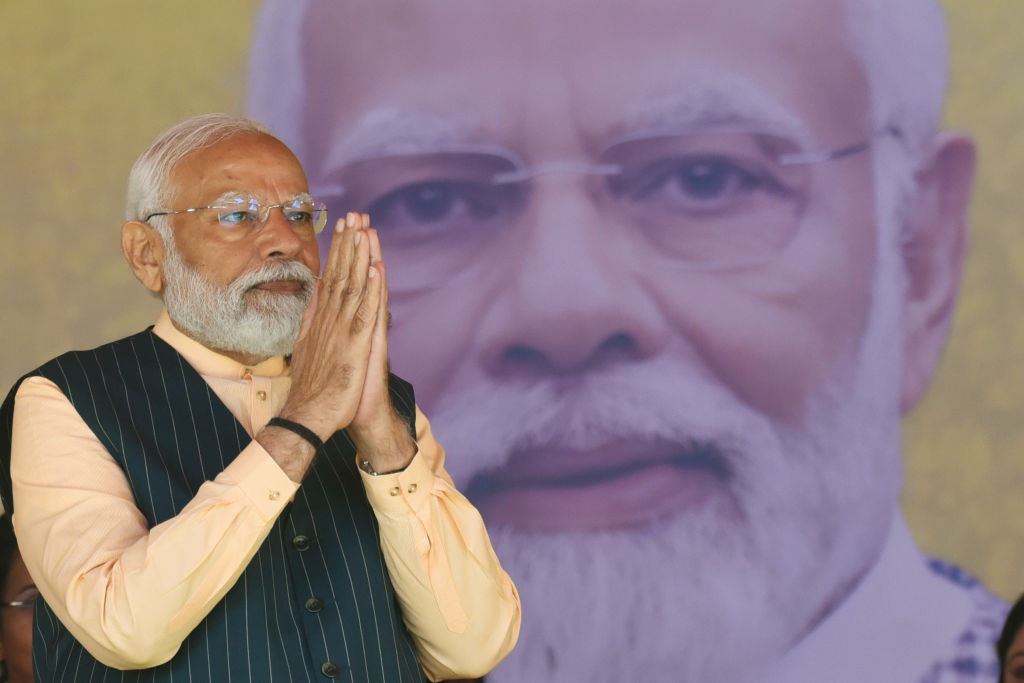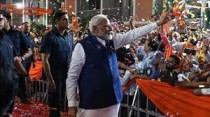Prime Minister Narendra Modi upcoming swearing-in ceremony is set to witness a significant diplomatic gesture with the inclusion of Maldivian President Mohamed Muizzu among the guests. This development is notable against the backdrop of recent tensions and historical conflicts between India and the Maldives. Muizzu’s attendance marks a potential thaw in bilateral relations and underscores India’s “Neighbourhood First” policy, which aims to strengthen ties with neighboring countries in the Indian Ocean region.
🌷 ——-PM Narendra Modi Oath Ceremony—— 🌷
Historical Context of India-Maldives Relations
The relationship between India and the Maldives has seen a fair share of ups and downs over the years. Historically, the Maldives has been a crucial ally for India in maintaining security and stability in the Indian Ocean. However, political shifts and external influences have periodically strained this alliance.
One notable period of tension occurred during the presidency of Abdulla Yameen (2013-2018). Yameen’s administration was marked by a growing closeness with China, which raised concerns in India about Beijing’s increasing influence in the Indian Ocean region. The Maldives signed several agreements with China, including those related to the Belt and Road Initiative (BRI), which India perceived as a strategic encroachment.

The situation escalated in February 2018 when Yameen declared a state of emergency and arrested several political opponents, including former President Maumoon Abdul Gayoom. India, advocating for democratic processes, called for the restoration of normalcy and the release of political prisoners, which further strained ties. The Maldives, under Yameen, criticized India for interfering in its internal affairs, leading to a diplomatic chill.
Recent Developments and Diplomatic Efforts
The election of Ibrahim Mohamed Solih in November 2018 brought a shift in the Maldives’ foreign policy. Solih’s administration sought to restore and strengthen relations with India, distancing itself from the heavy reliance on China. During his tenure, India and the Maldives signed several agreements to enhance cooperation in areas such as security, trade, and infrastructure development. Prime Minister Narendra Modi attended Solih’s swearing-in ceremony, signaling a renewed commitment to bilateral ties.
However, the election of Mohamed Muizzu, perceived to have a pro-China stance similar to Yameen, once again posed challenges for India-Maldives relations. Despite these concerns, Muizzu’s acceptance of Narendra Modi’s invitation to attend the swearing-in ceremony suggests a willingness to engage and potentially reset relations with India.
Strategic Importance of the Maldives
The Maldives holds strategic importance for India due to its location in the Indian Ocean, a critical maritime route for global trade and energy supplies. Ensuring a friendly and cooperative relationship with the Maldives is essential for India’s maritime security and regional stability. The island nation’s geopolitical significance has made it a focal point in the India-China rivalry in the Indian Ocean region.
India has consistently supported the Maldives in times of need, including during natural disasters and political crises. For instance, during the 1988 coup attempt in the Maldives, India swiftly intervened with Operation Cactus to restore the government’s control, earning significant goodwill.
Future Prospects and Challenges
President Muizzu’s presence at Prime Minister Narendra Modi’s oath-taking ceremony could herald a new chapter in India-Maldives relations. It presents an opportunity for both nations to address mutual concerns and explore areas of cooperation. Key areas for collaboration include maritime security, counter-terrorism, climate change, and economic development.
However, challenges remain, particularly with the Maldives’ balancing act between India and China. India will need to carefully navigate this complex relationship, ensuring that it maintains its influence while respecting the Maldives’ sovereignty and addressing its developmental needs.
Conclusion
The inclusion of Maldivian President Mohamed Muizzu in the guest list for Prime Minister Narendra Modi’s swearing-in ceremony is a significant diplomatic gesture. It reflects India’s commitment to fostering strong relationships with its neighbors and underscores the strategic importance of the Maldives. By acknowledging past tensions and focusing on future cooperation, both nations have the opportunity to build a more robust and mutually beneficial partnership.








